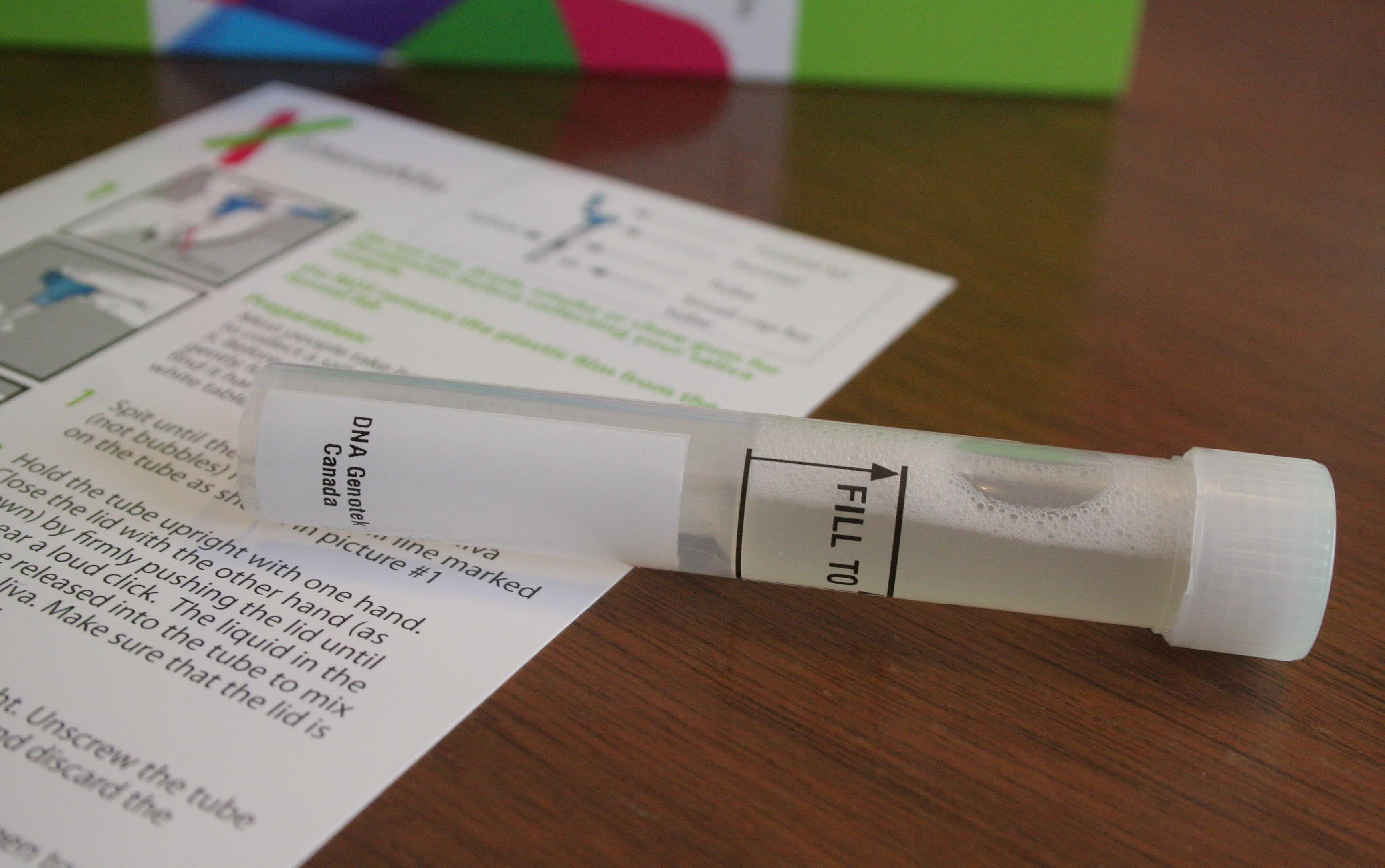
In a nutshell: Genetics company 23andMe has had a brutal 2024. The tech economy has not generally been good, but the firm also suffered a data leak. It then blamed its customers for the breach, followed swiftly by accusations to the FTC of running an auto-renewal scam.
To avoid bankruptcy, the company is restructuring, laying off half its employees. Home genetics company 23andMe continues to struggle as demand for casual gene tracing declines. On Monday, the company announced that it has decided on a restructuring plan to help reduce expenses.
A significant part of the downsizing is eliminating around 200 positions, about 40 percent of 23andMe's workforce. The company estimates that the employment reduction will save more than $35 million per year while only costing it a one-time operating expense of $12 million for severance packages and related costs. "We are taking these difficult but necessary actions as we restructure 23andMe and focus on the long-term success of our core consumer business.
.." said 23andMe CEO Anne Wojcicki.
"We are fully committed to supporting the employees impacted by this transition." Layoffs will begin with employees working in departments that 23andMe plans to phase out. The company's restructuring plan includes discontinuing its therapeutics division.
This department was conducting research into cancer treatments and monoclonal therapies. While it is closing in-house therapeutics testing and research, Wojcicki said 23andMe intends to continue its work in these areas using "strategic partnerships." "We continue to believe in the promise shown by our clinical and preclinical stage pipeline and will continue to pursue strategic opportunities to continue their development," Wojcicki said.
Impacted employees in these divisions still have a little time, as 23andMe indicated that it is not immediately shuttering the labs. However, it is winding down clinical testing "as quickly as practical." The company did not mention details on its potential research partners.
The struggles that 23andMe is facing are not all that surprising. Home genetic testing is a one-and-done affair. Once you have your genetic profile, it is unnecessary to pay for it again.
It's not a very sustainable business model out of the gate, and it's surprising to learn that this is the part of the business the company chose to keep. Contributing to its troubles, 23andMe suffered a data breach earlier this year that exposed a small percentage of its customer base. The leak was relatively minor, resulting in only about 14,000 impacted accounts.
However, instead of taking responsibility, the company blamed its customers, saying that the breach occurred because of "recycled credentials" that hackers obtained in an unrelated incident. It also admitted later that it had neglected to notice that the intruders were siphoning data for over five months. More recently, 23andMe had trouble with the FTC after customers complained that its subscription service was a scam.
In March, at least 133 customers said the company auto-renewed their subscriptions without consent and would not issue refunds. Gizmodo noted that in some instances, users said they had physically canceled their membership before the end of their subscription, but 23andMe charged them as if the cancellation hadn't happened..














